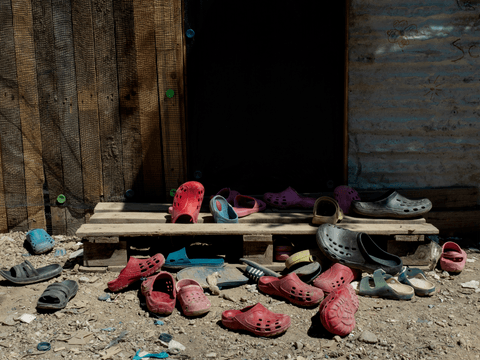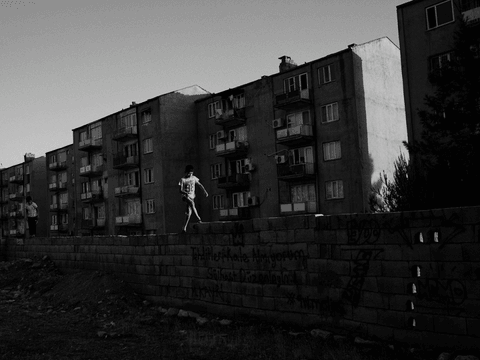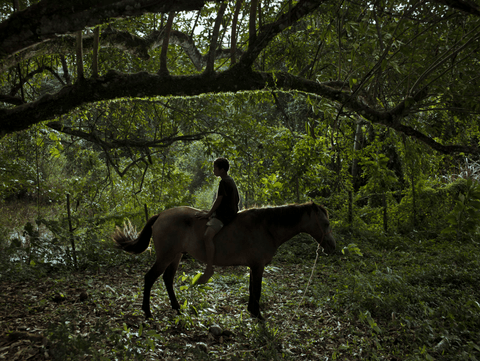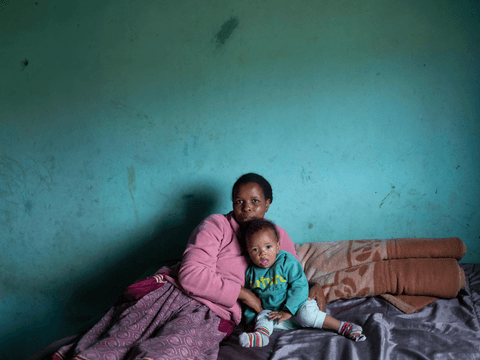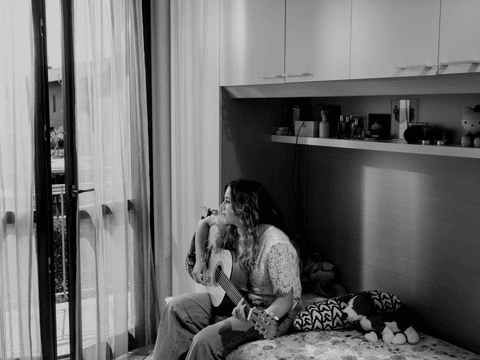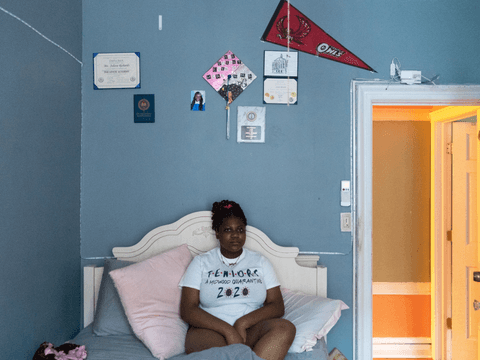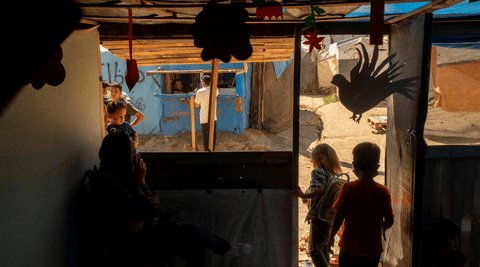
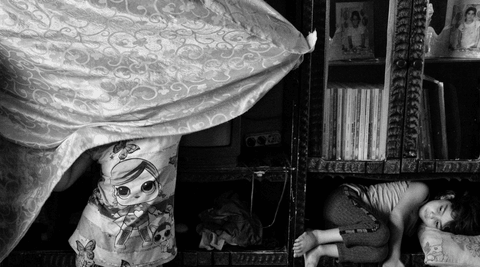
Generation COVID:Respond. Recover. Reimagine.
A visual journey of COVID-19 and children around the world
More than any crisis of the last decades, the COVID-19 pandemic has redefined childhood on a global scale. From its effect on mental health and increased vulnerability to abuse, to its disruption of education, the catastrophic impact of the COVID-19 pandemic on children must be fully examined and redressed. Across the globe, too many children remain in limbo, eager to move forward with their dreams but with little control over their present realities. While their struggles are undeniable, so is their resilience and desire to participate in rebuilding a better future for every child.
In collaboration with the renowned Magnum Photos agency, UNICEF presents an in-depth look at the pandemic experiences of children and young people across six countries. We hope you are moved by their stories and join UNICEF in advocating for a renewed global commitment to an inclusive recovery for children everywhere. The future of an entire generation is at stake.
Children at the heart of our global response
Foreword by UNICEF Executive Director Henrietta Fore
The COVID-19 pandemic continues to have devastating consequences for children across the globe.
Economic instability is disrupting essential services and making it harder for families to make ends meet. Rates of domestic and gender-based violence are on the rise, especially in the most vulnerable communities and households. More than 750 million children are affected by partial and full school closures, while the first day of school has been indefinitely postponed for 140 million children worldwide.
Fortunately, with the roll-out of COVID-19 vaccines, it may seem as though the tide is finally turning – at least for some.
The harsh reality is that for millions of children, the crisis is getting worse. In many communities, children are experiencing reduced access to vital services, including health care, mental health support, social protection and education.
COVID-19 vaccines are not being provided fast enough or equitably. In some countries, the pandemic is at its worst point yet because of the emergence of new, more infectious variants of the virus. The global response and recovery to the pandemic have been uneven and unequal.
These photos and essays reveal the faces, voices and humanity of people living behind the data and the inexorable headlines. They vividly highlight how disruptive and isolating the secondary effects of COVID-19 have been for children and young people. Twelve-year-old Caio struggles with loneliness and falling behind in school in Brazil. Zehra, a 9-year-old Syrian refugee in Turkey, cannot go to school because she does not have a phone or computer. Eleven-year-old Manija deals with the effects of a fire in her migrant camp in Greece.
But ultimately, these are stories of hope, of resourcefulness and of resilience in the face of challenge. They are stories of communities coming together: leaving meals for sick neighbors, of children creating their own learning activities in the absence of formal education, and of parents working to create a better future for their children.
These stories reinforce our belief that children must be at the heart of our global response to COVID-19, ensuring that the most marginalized and vulnerable thrive. We must foster compassion and strengthen our health and education systems to prepare for future crises. We must ensure vaccines reach everyone, including those in fragile settings.
As UNICEF commemorates its 75th year, we are reminded that our ongoing global response to COVID-19 must match the need and the hope that we see in these stories.
Henrietta H. Fore
